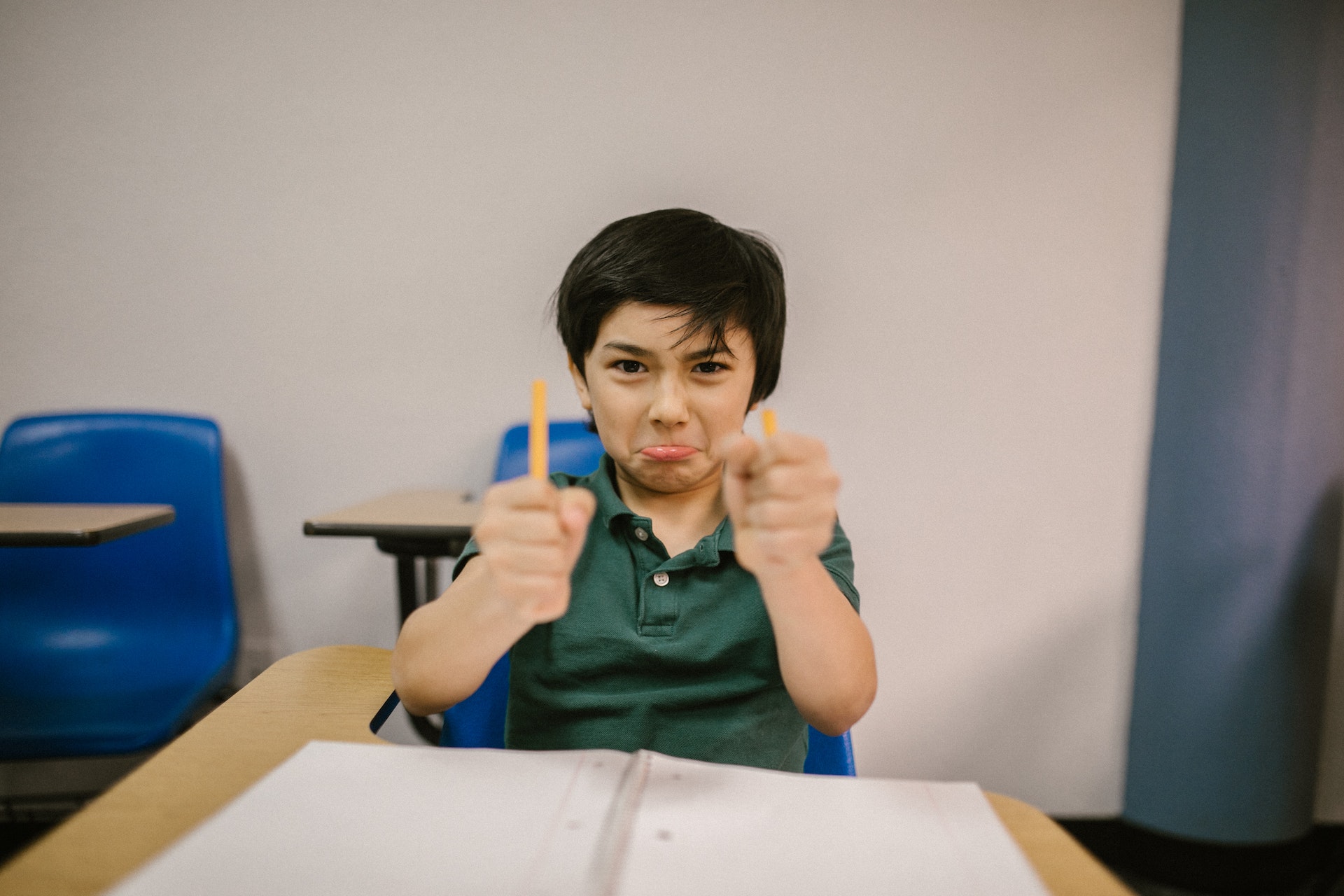
Helping Young Children Manage Frustration
As parents, we want our children to learn how to manage their emotions and frustrations healthily. Teaching young kids to manage frustration is integral to helping them develop the skills they need to succeed in life.
One of the first steps in teaching young kids to manage frustration is to help them identify the feeling. Talk to them about what frustration looks and feels like and help them recognize when they are feeling frustrated. Once they can identify the feeling, it will be easier to handle it.
The next step is to help them find healthy ways to express their frustration. Encourage them to use words to express their feelings and take deep breaths when feeling overwhelmed. You can also teach them to take a break when frustrated and return to the situation when they feel calmer.
It is also essential to teach them problem-solving skills. Show them how to break down a problem into smaller parts and how to think of different solutions. This will help them to manage their frustration better when faced with a difficult situation.
Finally, it is important to model healthy ways to manage frustration. Show them how you handle your frustrations and talk to them about coping with difficult situations. By teaching young kids to manage their frustrations, you are helping them develop the skills they need to succeed.
Here are some tips to teach your children to manage their frustration.
Create a “feelings” box: Have a box filled with different feeling words written on pieces of paper. When your child is frustrated, ask them to pick a feeling word from the box and then express why they feel that way. This can help them develop a vocabulary for their emotions and better communicate their frustration.
Use art: Encourage your child to draw or paint their frustration. This can be an excellent way for them to express themselves without using words. After they’re finished, ask them to talk about their artwork and what it represents.
Write it out: Give your child a journal or notebook to write down their feelings when frustrated. This can be a helpful outlet for them to vent their frustrations and process their emotions.
Act it out: Role-play different scenarios where your child may feel frustrated and teach them how to respond in a healthy way. For example, if your child is frustrated because they can’t complete a task, role-play different ways they could ask for help.
Mindfulness exercises: Teach your child different mindfulness techniques, such as deep breathing or visualization, to use when feeling frustrated. This can help them calm down and approach the situation more rationally.
Remember, validating your child’s feelings and letting them know it’s okay to feel frustrated is essential. Teaching them healthy ways to express their frustration gives them valuable tools to navigate their emotions and communicate effectively.
What do you do to help your children cope with frustration in a healthy way?
For more information like this, please visit AMC blogs.
By: Melissa A. Kay
